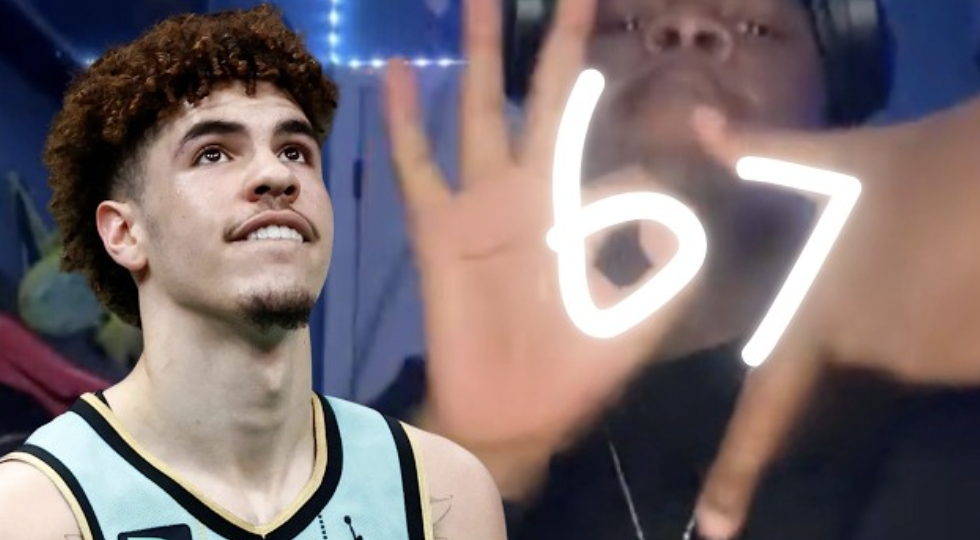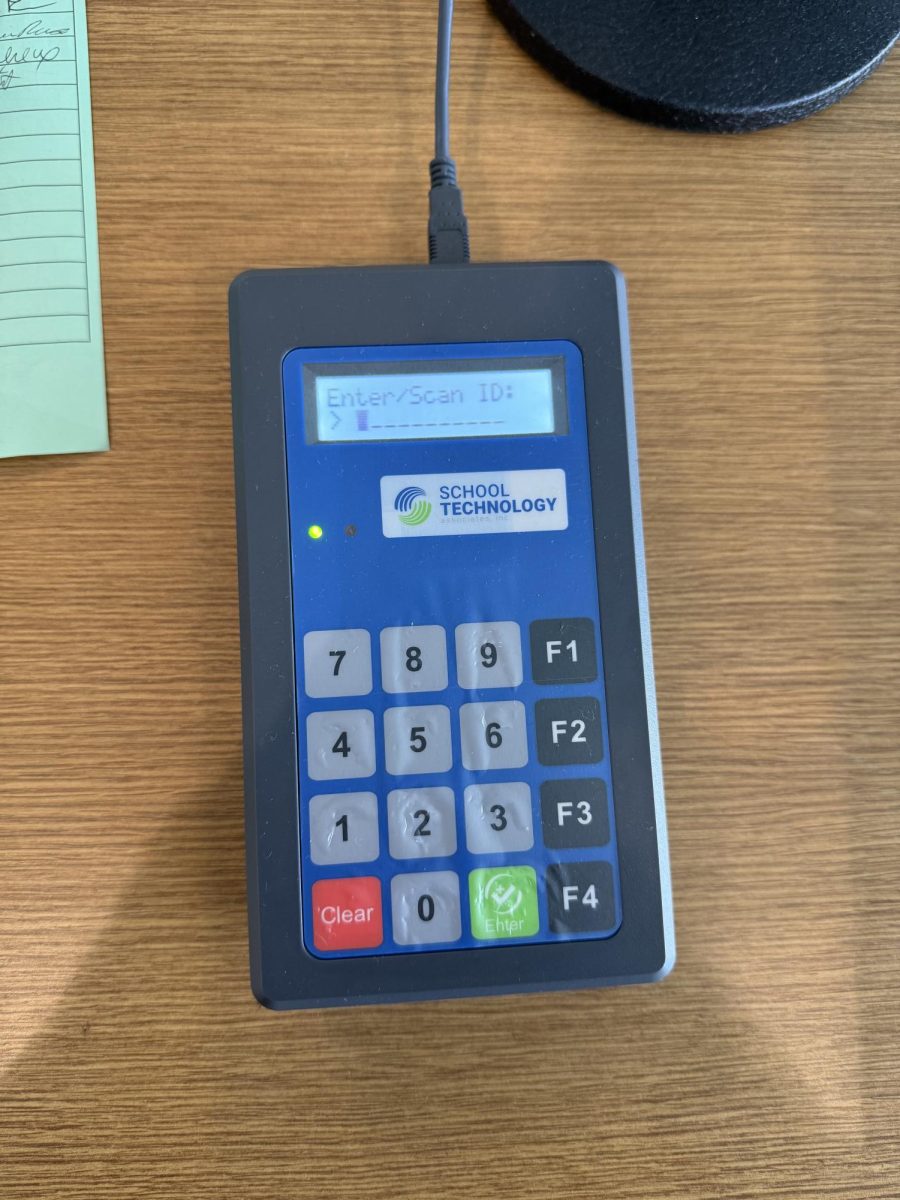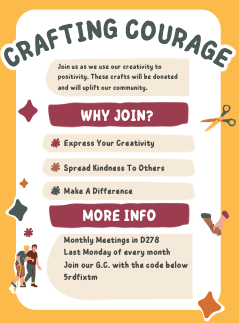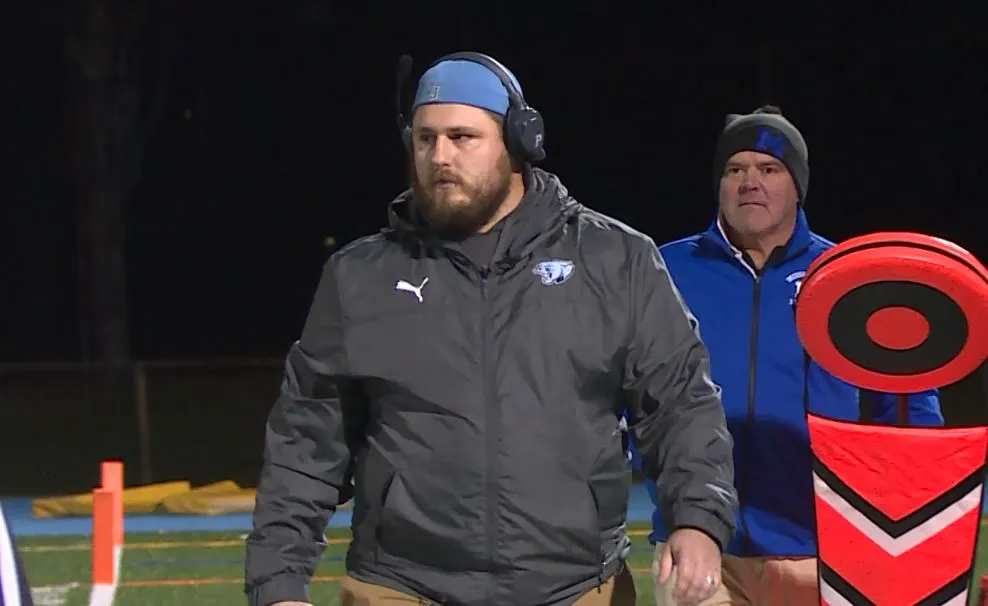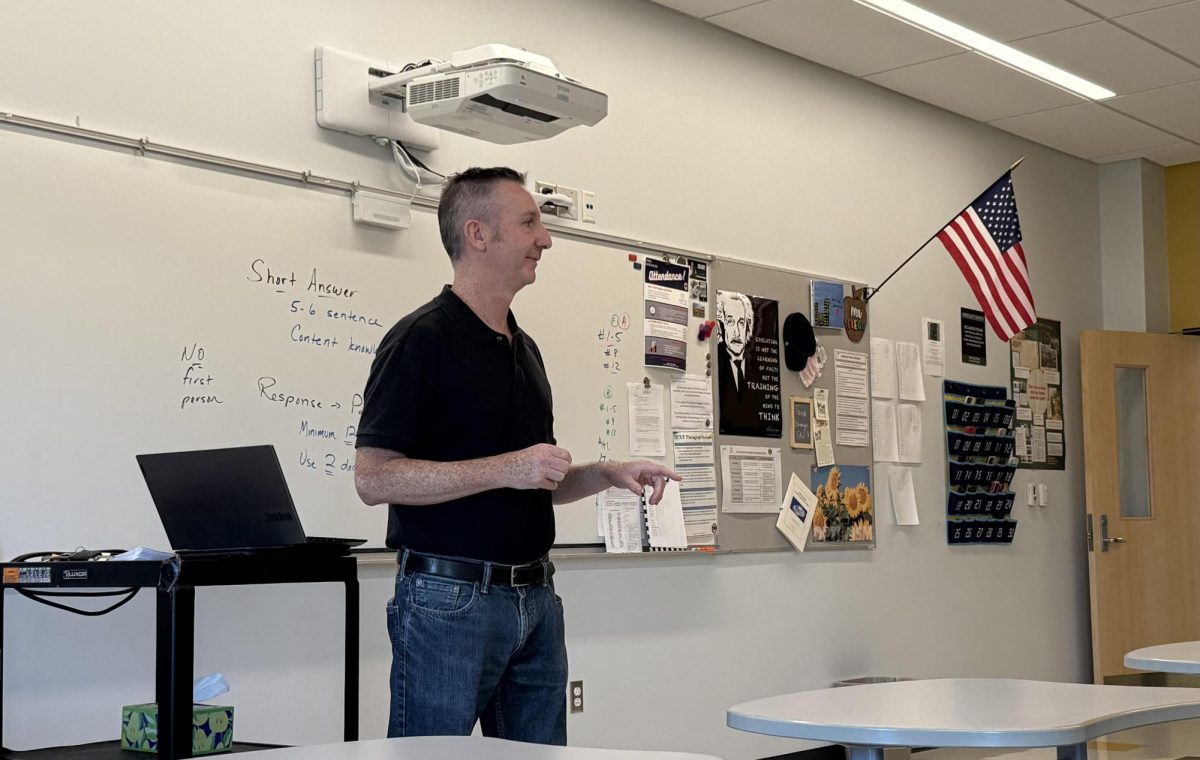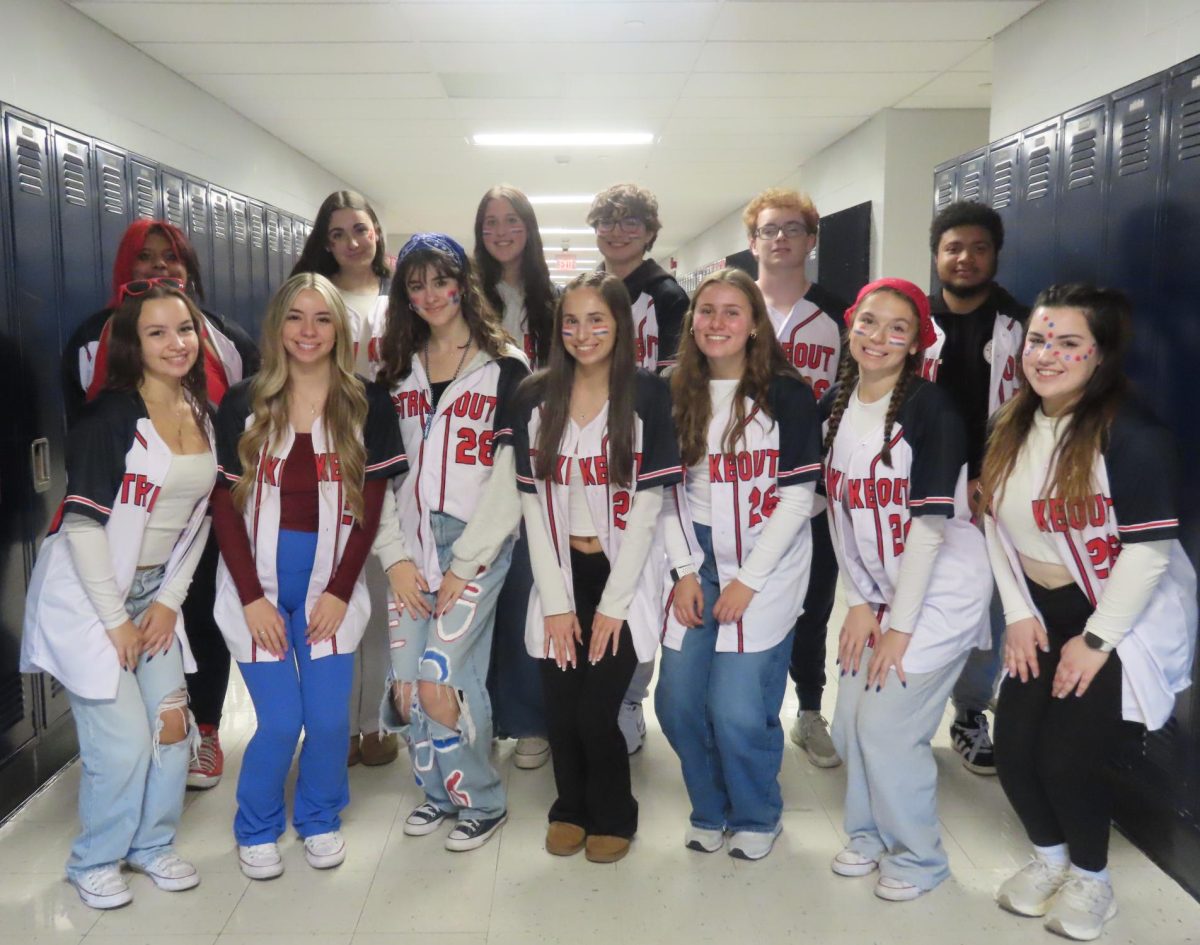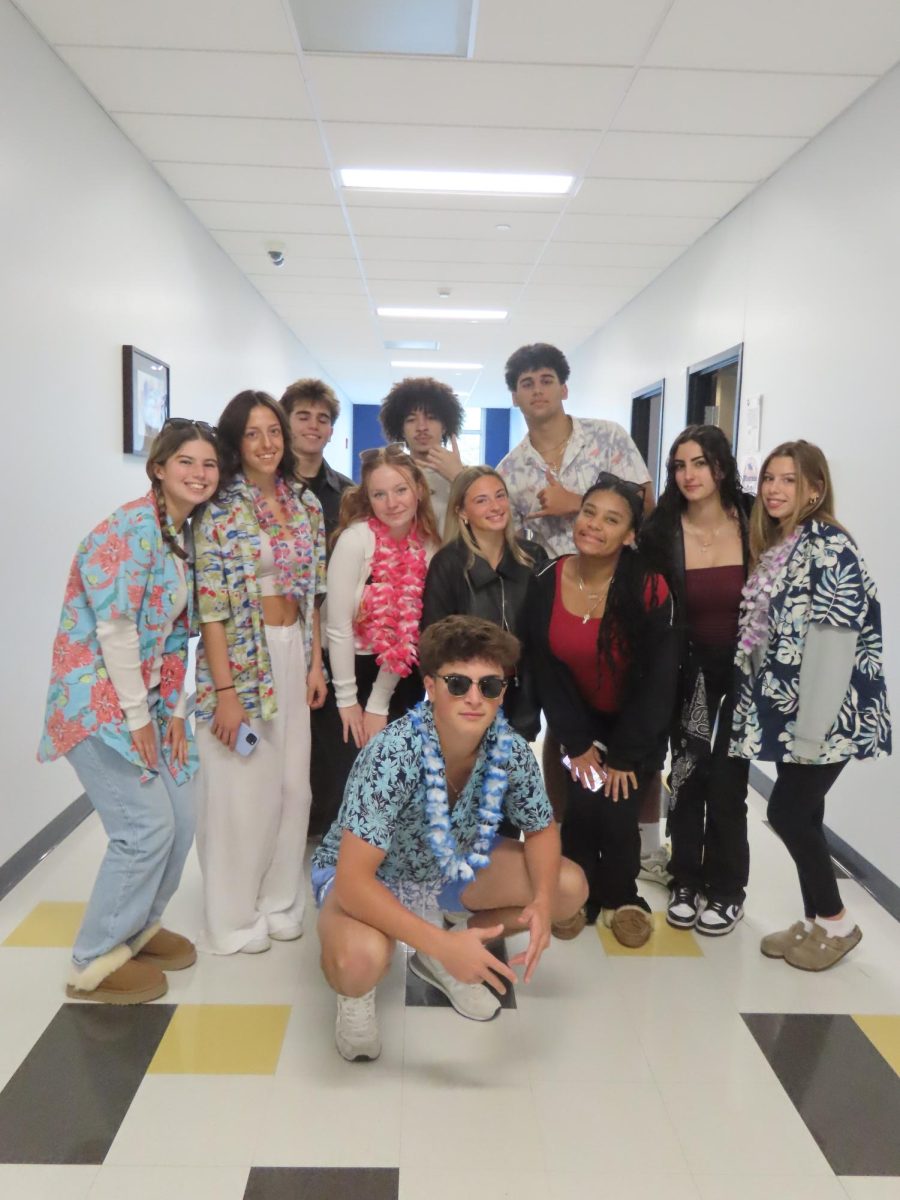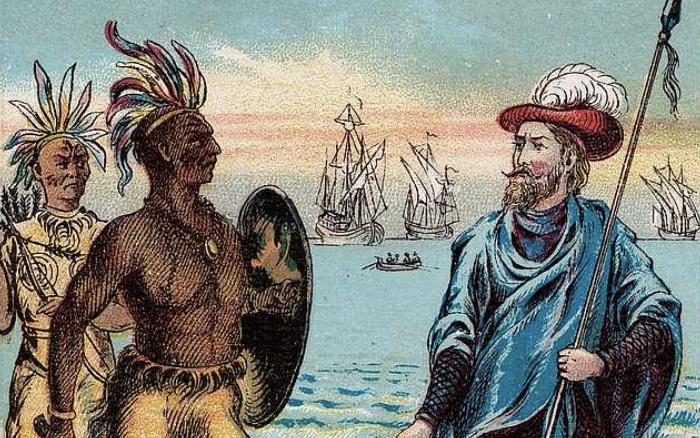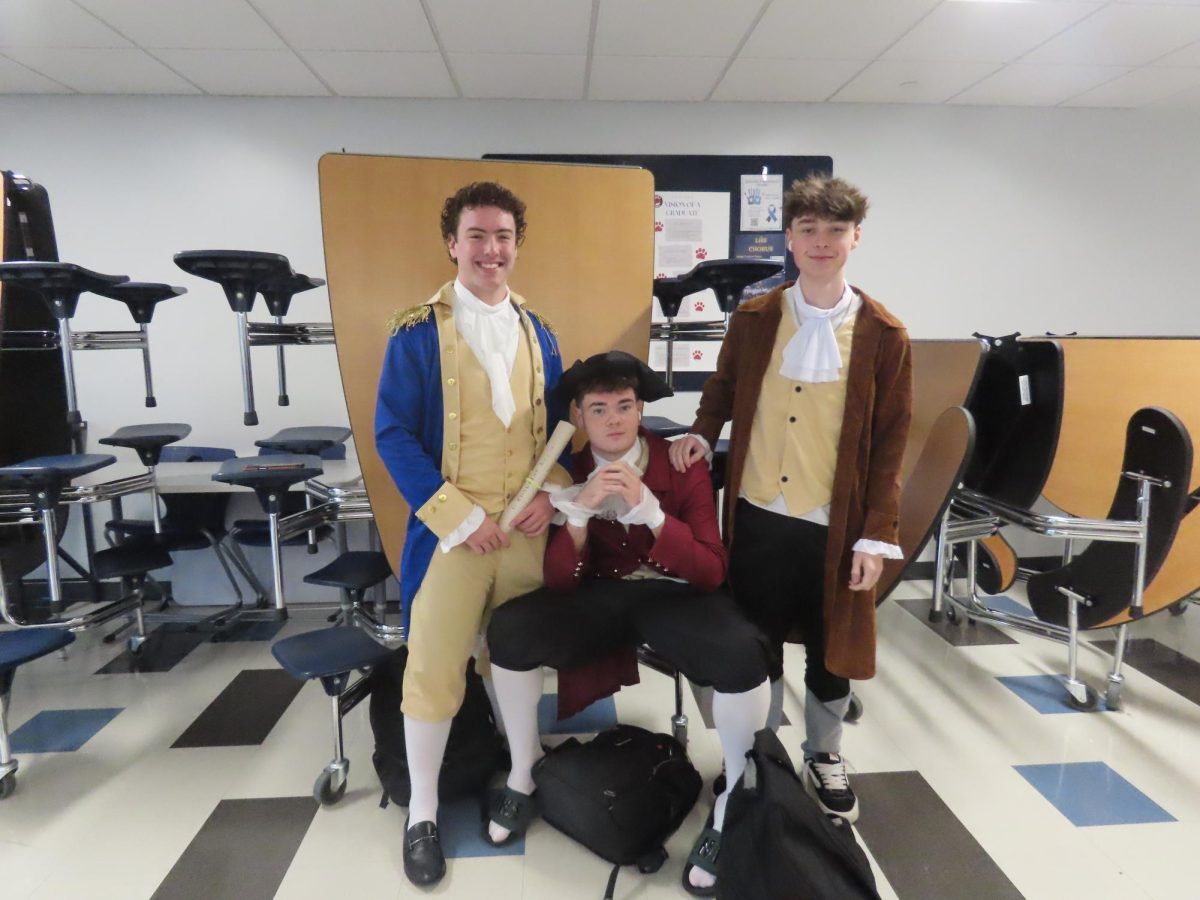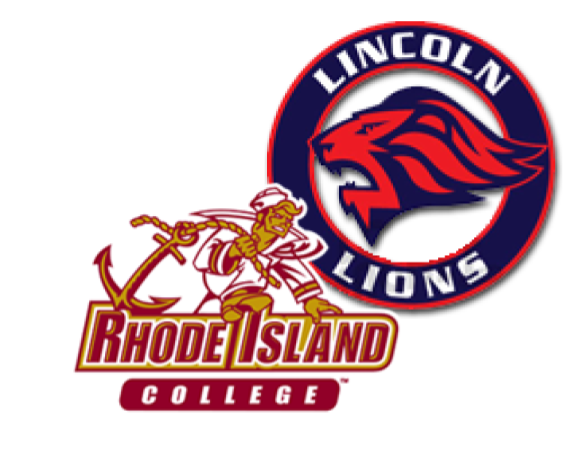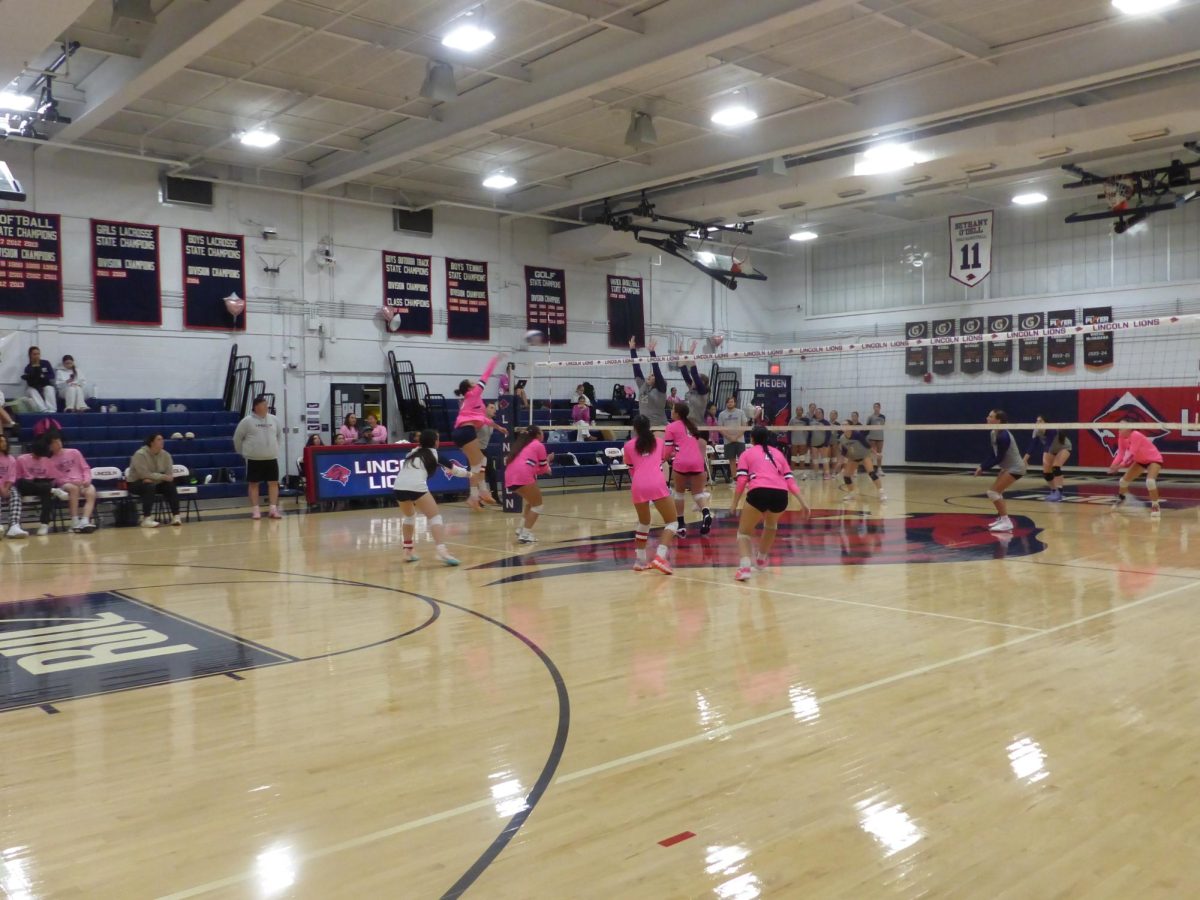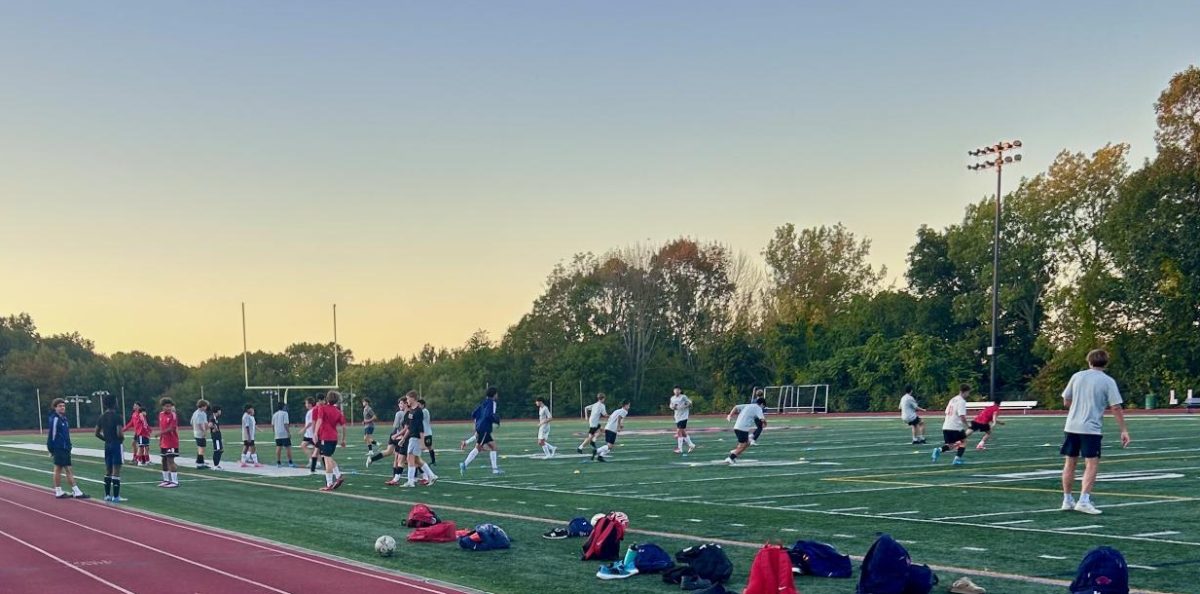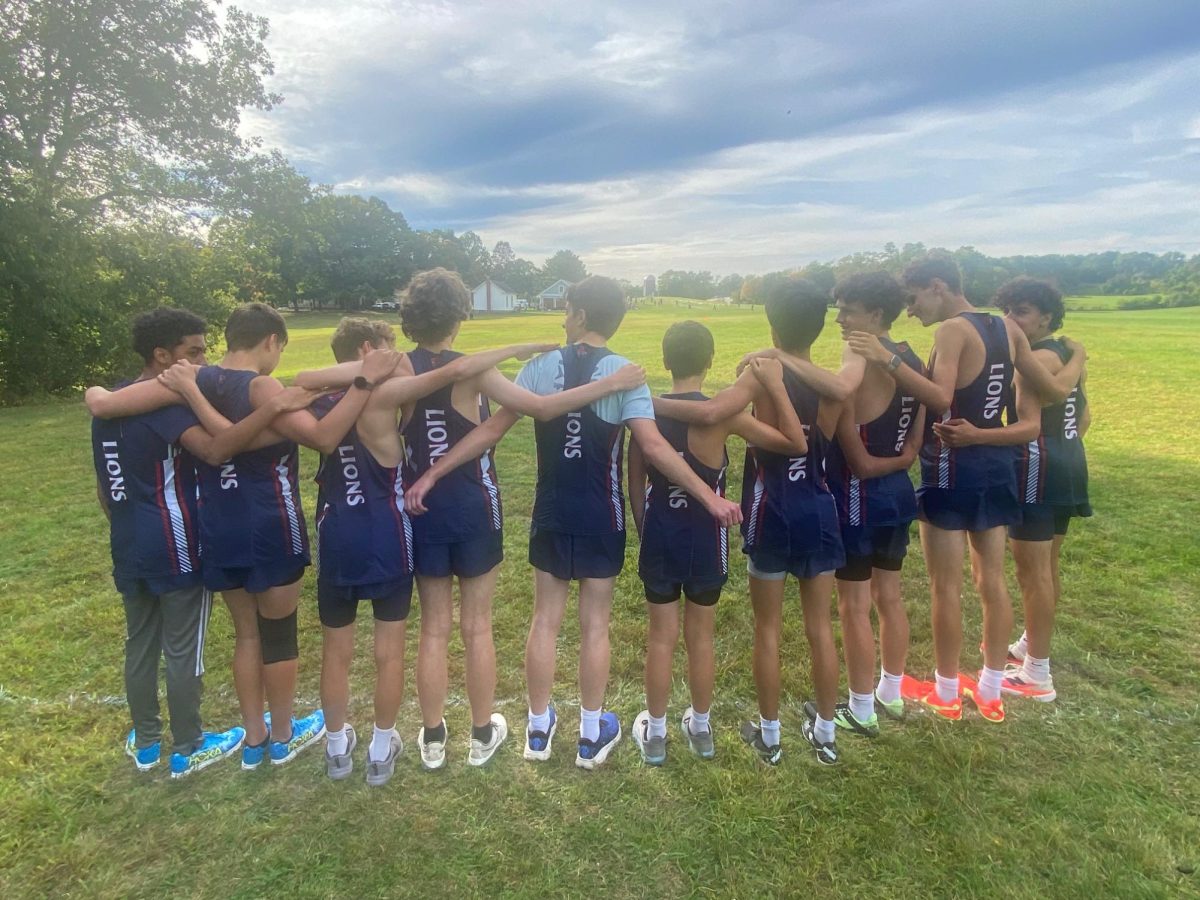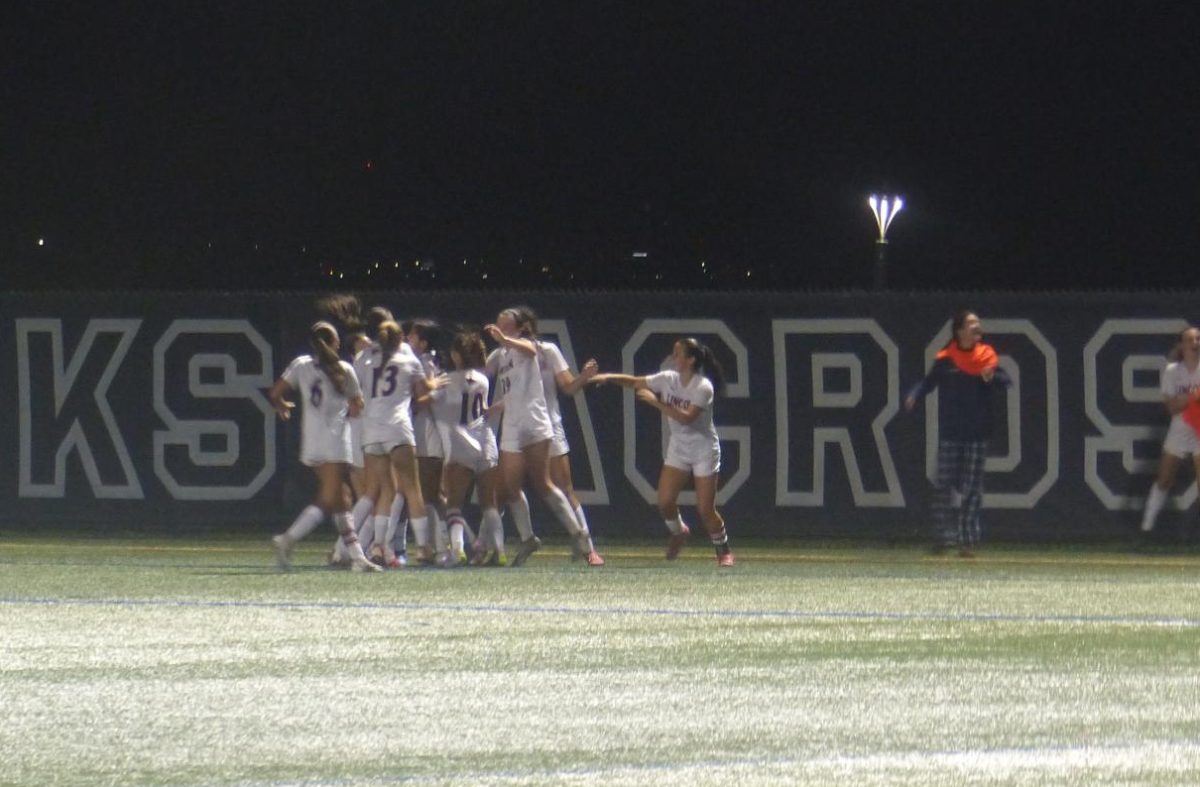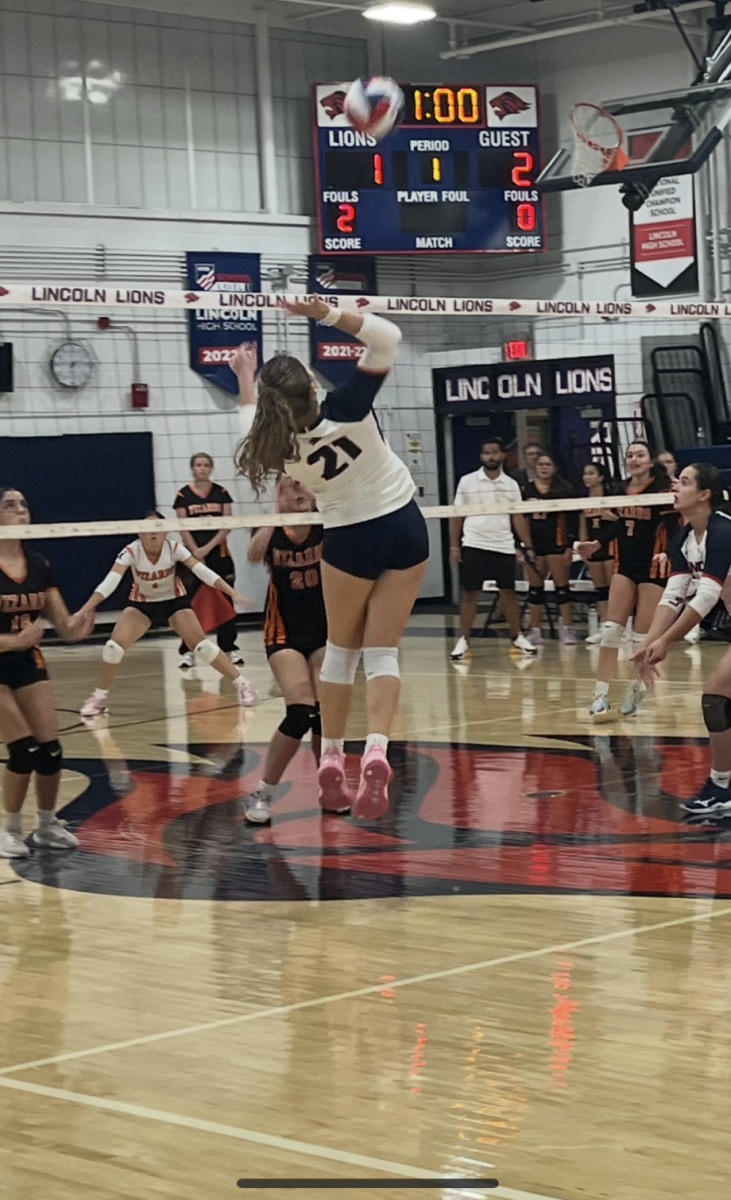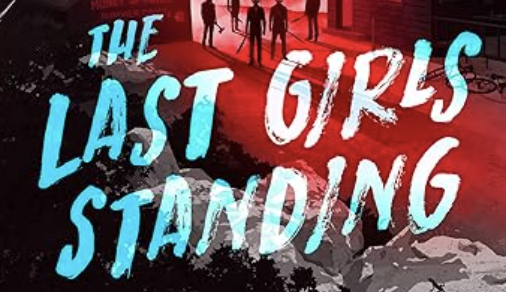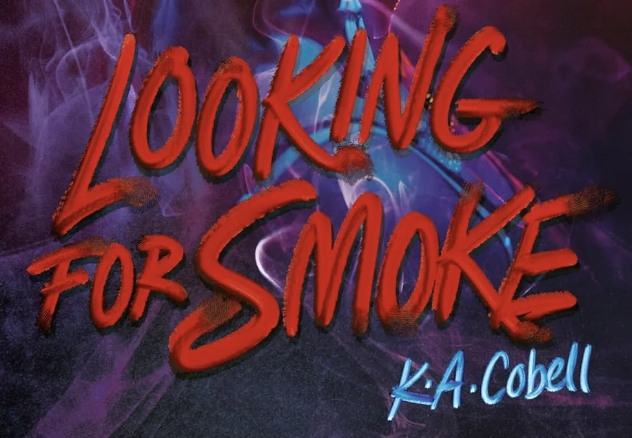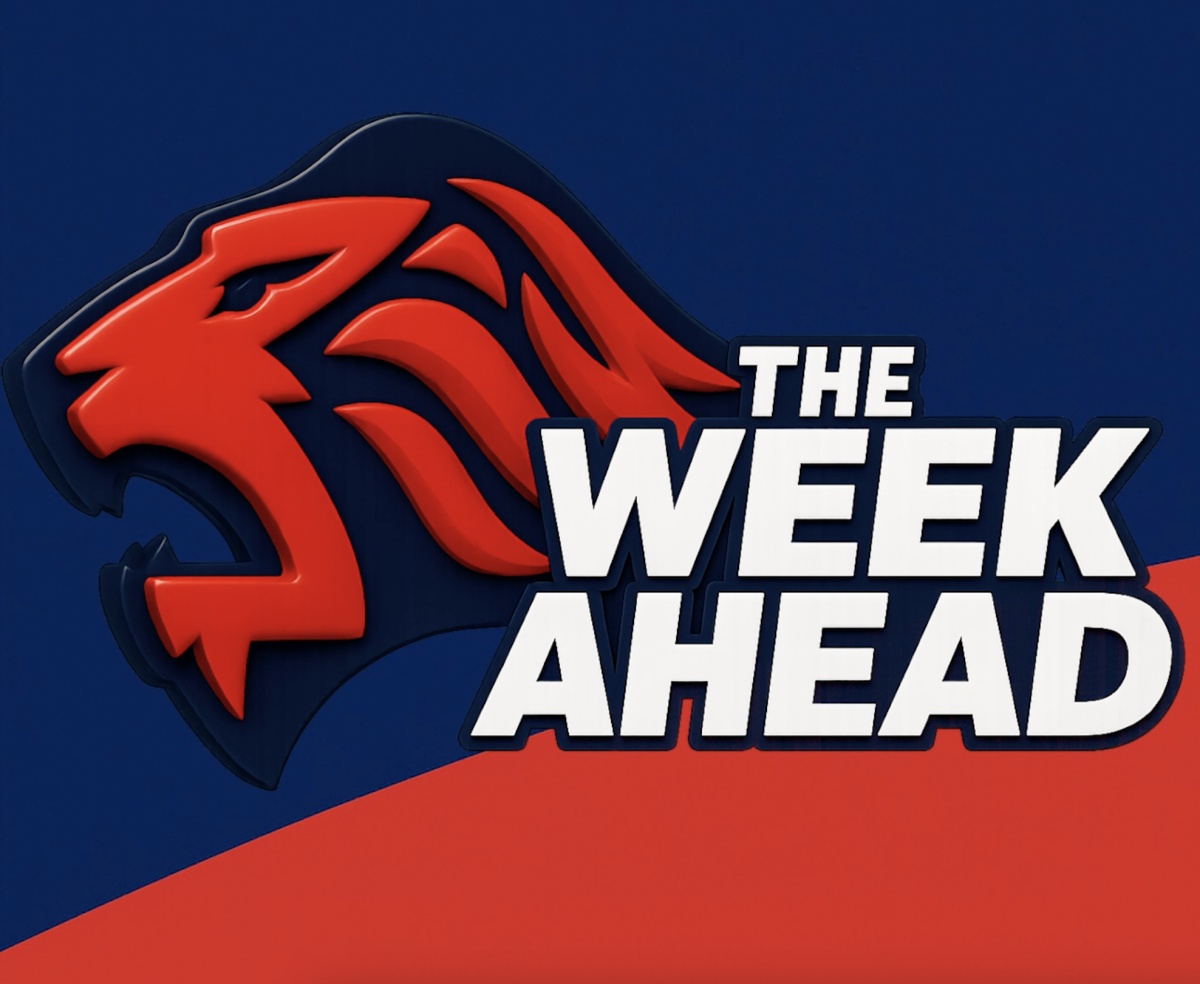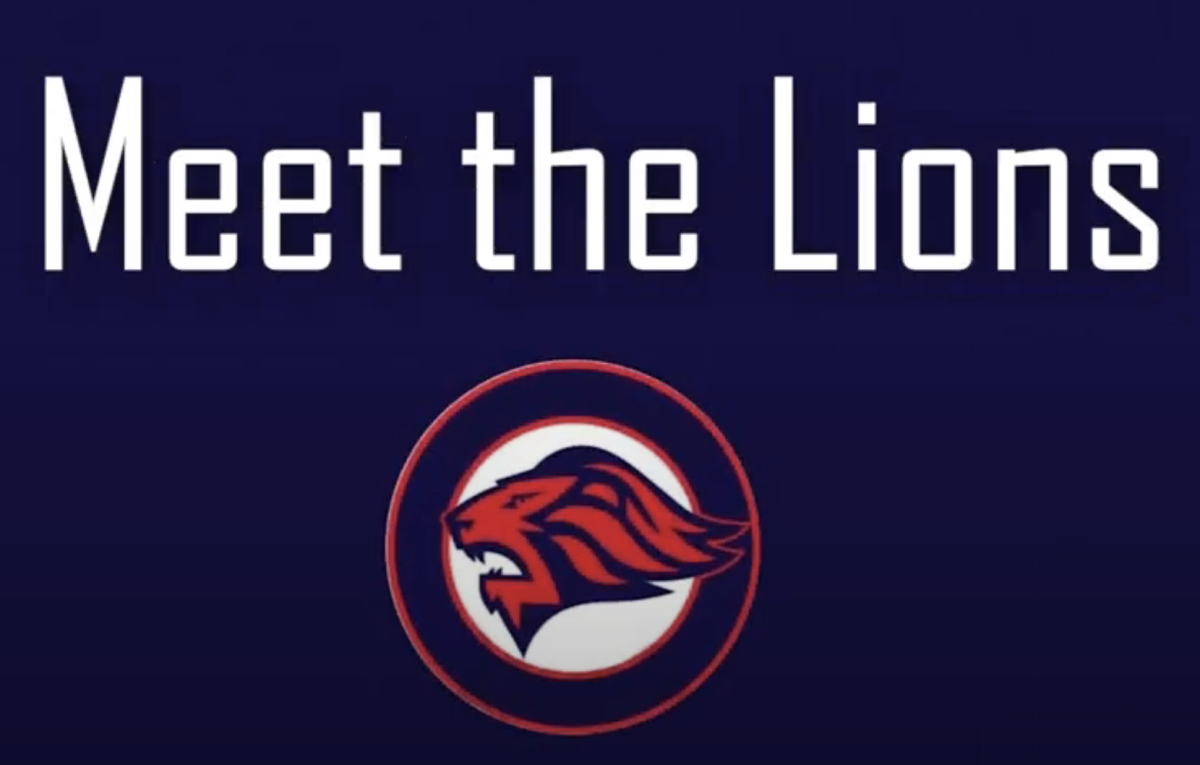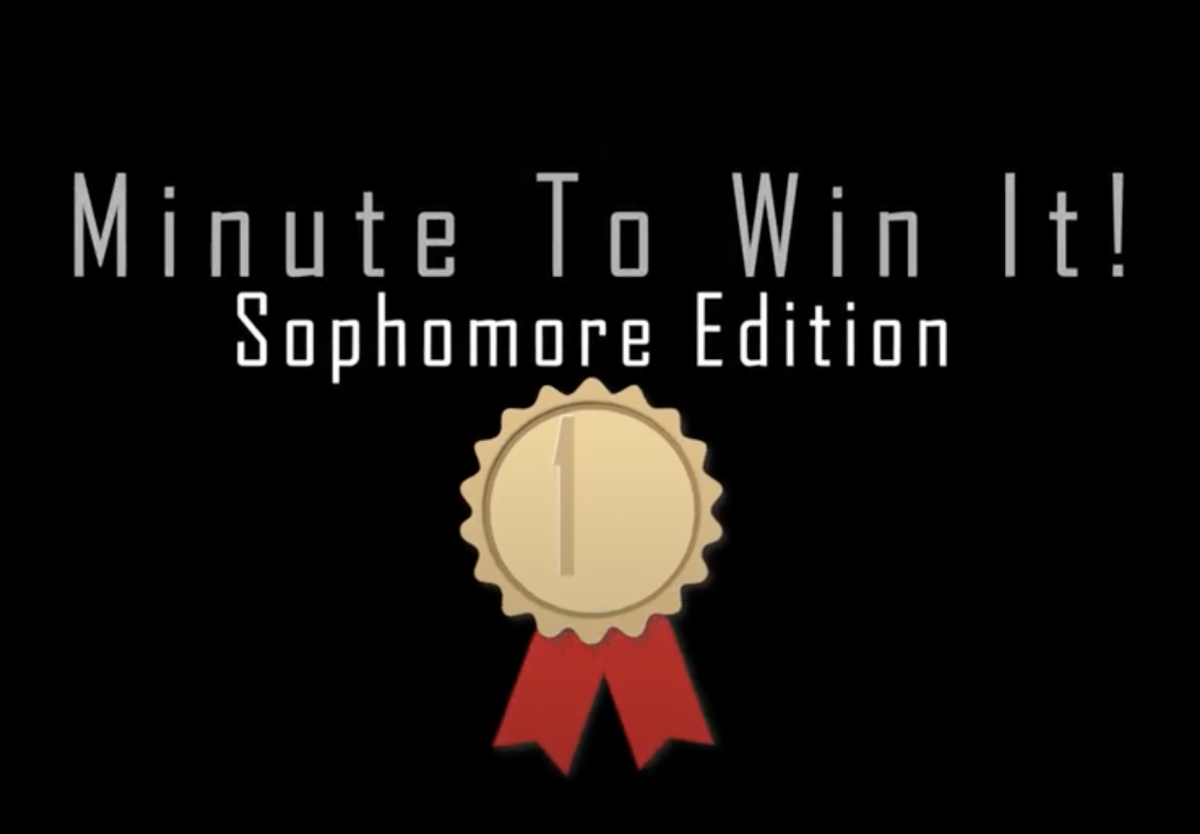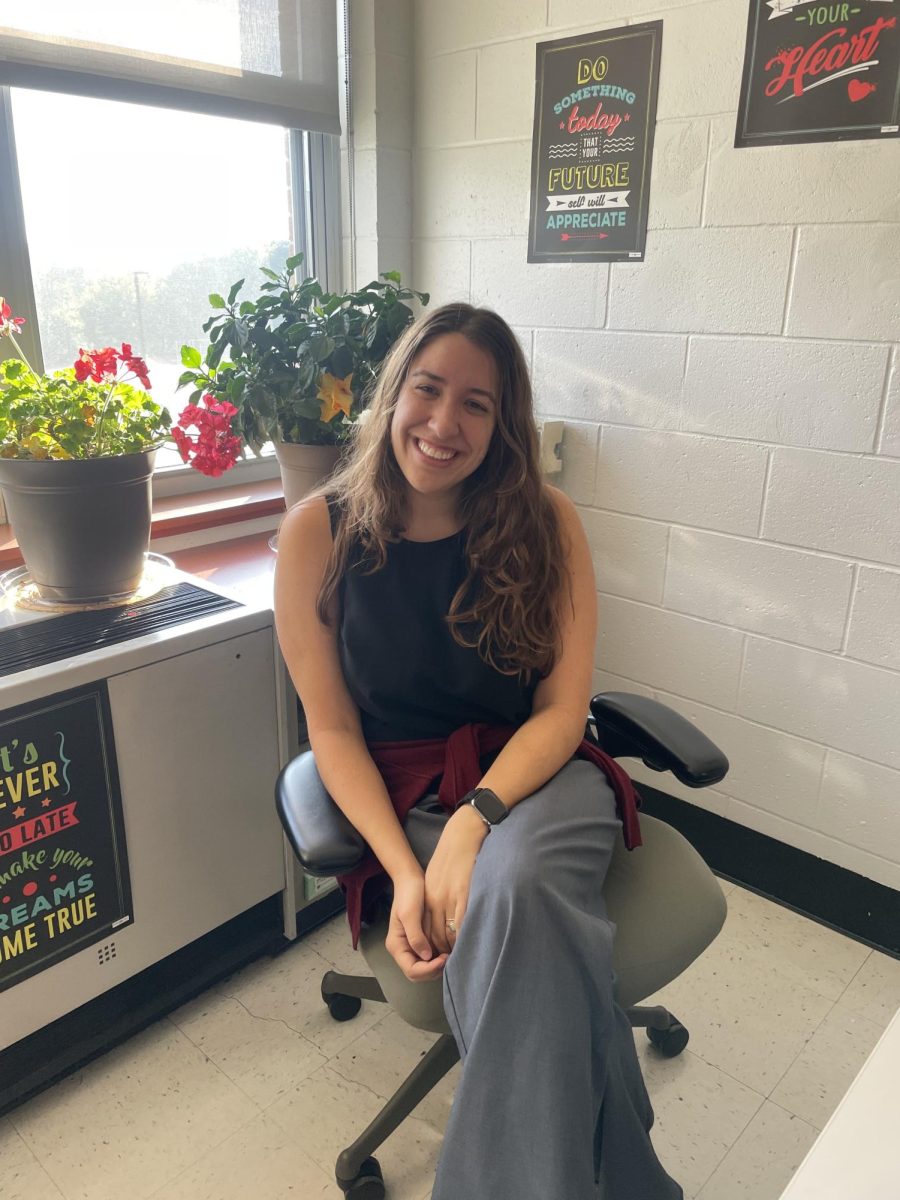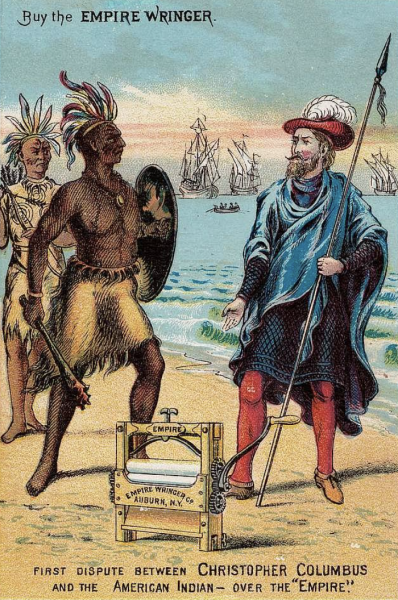 On Monday, October 13th, 2025, Lincoln High School and other schools and workplaces around America closed to celebrate a national holiday. While everyone can agree to enjoy this day off, there is less agreement about the name of this day. Is it “Columbus Day,” to honor Christopher Columbus, the first European explorer in the Americas, or is it “Indigenous Peoples’ Day,” to honor the Native Americans who lived here before Columbus’s arrival?
On Monday, October 13th, 2025, Lincoln High School and other schools and workplaces around America closed to celebrate a national holiday. While everyone can agree to enjoy this day off, there is less agreement about the name of this day. Is it “Columbus Day,” to honor Christopher Columbus, the first European explorer in the Americas, or is it “Indigenous Peoples’ Day,” to honor the Native Americans who lived here before Columbus’s arrival?
While a handful of U.S. states officially recognize Indigenous Peoples’ Day, the federal government still recognizes Columbus Day, the original name. However, as of 2024, 54% of American adults support celebrating Indigenous Peoples’ Day, although whether they want to replace Columbus Day with it or not is unclear.
The first national celebration of Columbus Day was in 1892 to give Italian Americans a point of pride amidst discrimination following the lynching of 11 Italian immigrants in New Orleans. Columbus was chosen as the figure to honor because, although he voyaged to the Americas on behalf of Spain, he was from Genoa, which was its own country at the time of the voyage, but was a part of Italy by the 19th century. The 1892 celebration was a one-time celebration, but it was eventually made a national holiday in 1937.
Indigenous Peoples’ Day was first discussed at a 1977 United Nations conference but was not recognized anywhere until 1992, when the city of Berkeley, California celebrated it. It was created to honor Native American culture and remember how the Native American population suffered at the hands of colonizers, including Columbus.
In 1990 South Dakota became the first state to replace Columbus Day with Native American Day. This was in response to concerns about celebrating Columbus despite the thousands of Native people who died under his rule. Columbus’s arrival in the Americas also marked the beginning of the European genocide of Native Americans.
At LHS, the holiday is Indigenous Peoples’ Day for some and Columbus Day for others. There is room for nuance, too, according to senior Adelaide Smith.
“When I’m at school, I say Indigenous Peoples’ Day because Columbus abused the Native Americans and their trust that they showed him,” said Smith. “When I’m at home, though, I typically say Columbus Day because that’s the term that my parents use, and I guess I conform with them.”
Using both terms interchangeably or aligning more with one term but saying another is common among students and teachers.
However, Michael Orsini, an LHS physical education teacher, specifically chooses to celebrate Columbus Day to honor what his Italian American community has gone through.

“We [Italian Americans] suffered tremendous racism and discrimination for decades in the U.S. Considered a burden on society, [Theodore] Roosevelt even commended the nation’s largest public lynching on record of 11 Italian-Americans by a mob—a historical record that still stands today,” said Orsini. Italian-Americans were spit upon, publicly mocked, and pushed into the slums of inner cities. We were poor and predominantly Catholic, both of which were looked down upon. We were, and still are, stereotyped as criminals.
“However, we were very family-oriented and full of love. Among ourselves, we were proud of our culture, food, and identity. We worked hard and never expected anything from anyone. We cleaned up the slums where we settled and created tight-knit communities where we took care of each other.”
Orsini went on to explain why Columbus specifically resonated with this oppressed population.
“Italian-Americans gravitated toward him because we needed someone to give us credit for our existence, to inspire us,” said Orsini. “This provided us with an opportunity to celebrate ourselves instead of hiding. Columbus gave us confidence to persevere in a land that was often unwelcoming. We embraced him and celebrated him as if we were celebrating our own success in conquering the seas during our own voyage here and establishing ourselves in this land as well!”
Meanwhile, Frank Yip, an LHS history teacher, chooses to celebrate Indigenous Peoples’ Day to remember what Native Americans have been through.
“[Columbus’s] greatest accomplishment, I think, was also his greatest misdeed, which was to begin the extermination of the Indigenous people of the Americas,” said Yip. “Some historical accounts estimate that what he started would lead to 50 million deaths. Now, of course, he didn’t kill 50 million people himself, but what he started would begin this cascade of historical events.”
Yip also points out that although Columbus is associated with Italian Americans, he did not call himself Italian.
“He was not Italian,” said Yip. “He was from Genoa, which today is a part of Italy, but when he was born, Genoa was his own separate city-state, so there was no identification with being Italian, because there was no such identification when he was born and during his life. And his greatest accomplishment was sailing for Spain.”
Despite the different opinions, both Orsini and Yip understand the importance of celebrating Italian Americans and Native Americans alike.
“I firmly believe that indigenous people should be recognized in this country… I believe they should have their own holiday celebration,” said Orsini.

Referring to his Italian American wife, Yip said, “I have quite a bit of love for the Italian American community. There are other ways to [celebrate them]. [Indigenous Peoples’ Day] is not in any way meant to denigrate the contributions of Italian Americans. I think there should be holidays celebrating all the different cultures that make up this great country, because the greatness of this country is all the differences that we have.”
This conversation begs the question, how can the people of America and Lincoln High School celebrate both Italian Americans and Native Americans on this day and throughout the year?
There are opportunities to acknowledge Italian Americans as a whole, not just Columbus, throughout the year, such as Italian-American Heritage Month in October. There are also plenty of Italian heroes who did grow up in America who are worth celebrating, from Mother Cabrini to Frank Sinatra.
Similarly, while people should remember what Native Americans went through, there is a lot to celebrate about Native Americans as well, such as their commitment to the environment and their ‘ahead of their time’ inventions. There are also all kinds of Native American heroes with as much variation as Sacagewea and Sherman Alexie.
There are so many opportunities to celebrate these groups that contribute so much to the country and remember the struggles they each endured.

